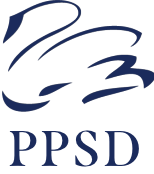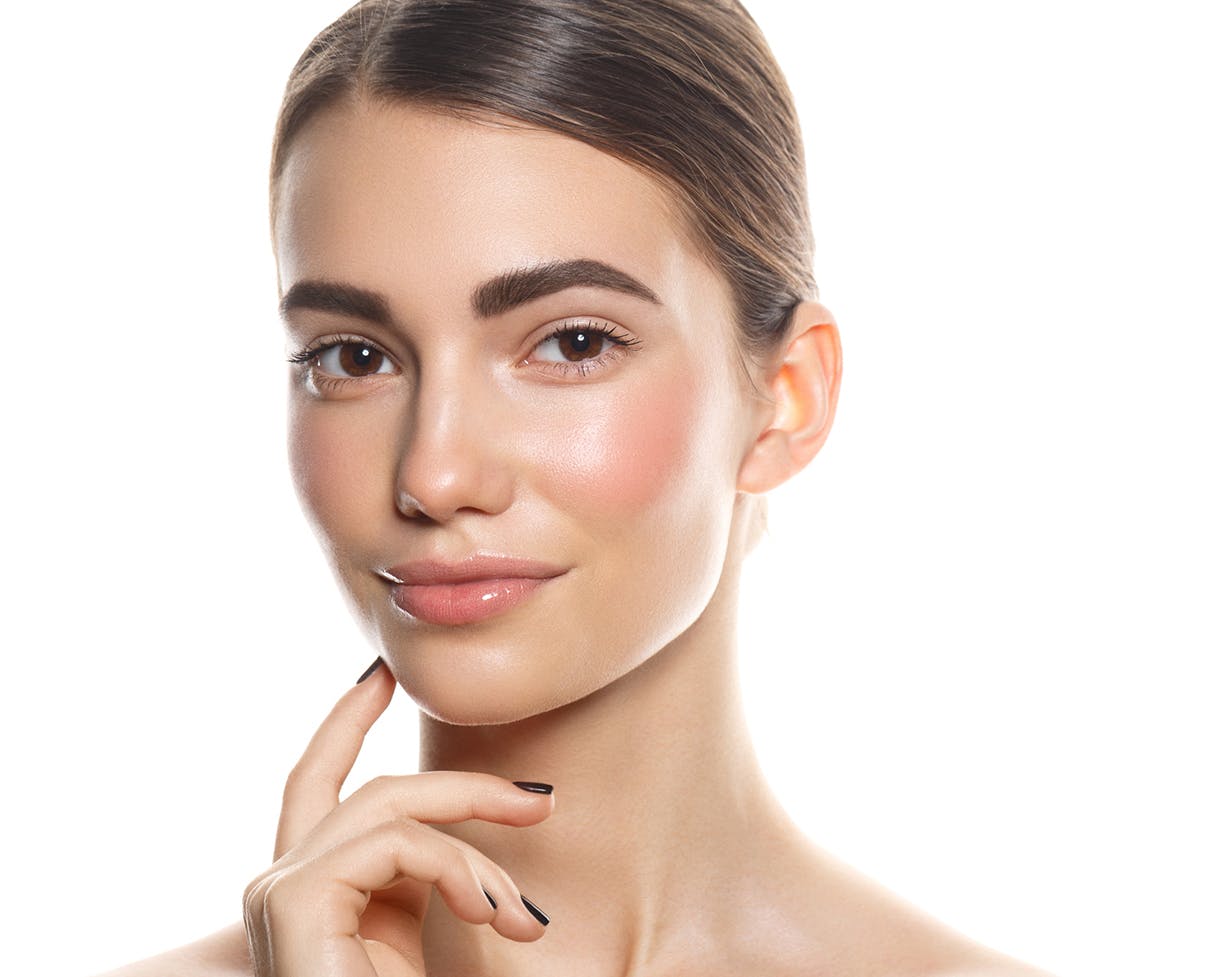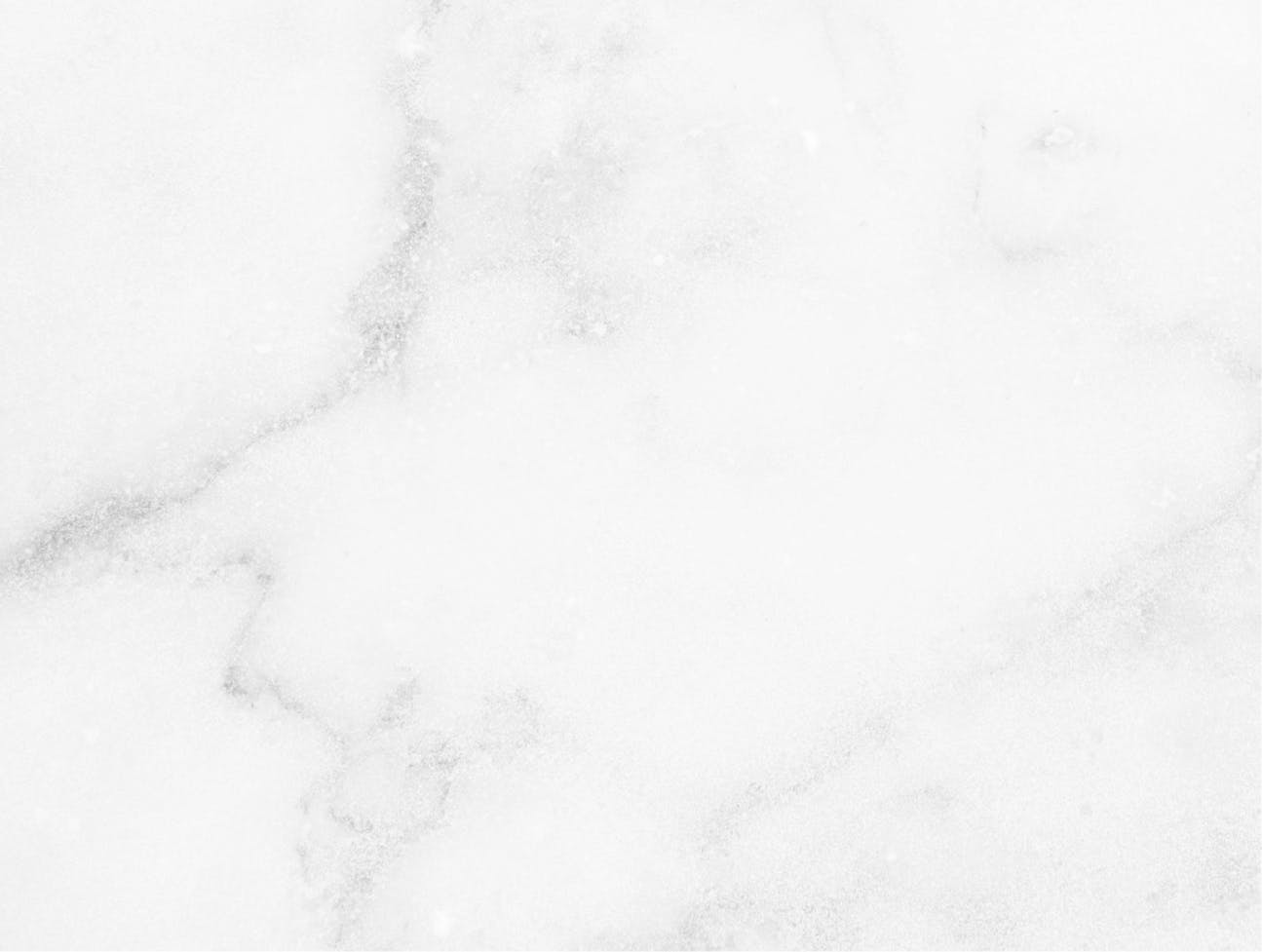You might be willing to choose a dinner entrée without really knowing what to expect, but cosmetic surgery is something else altogether. You don’t want to find yourself in the position of coming up with questions you wished you had asked before your rhinoplasty.
What kinds of questions should you be asking before you take this step?

Training
Find out about your surgeon’s training, experience, and education, keeping in mind that you are seeking a specialized service. See how many of these boxes you can check:
- Training and certification as a surgeon
- Certification in facial and plastic reconstructive surgery
- Other medical expertise
- Experience teaching plastic surgery at a university or medical school
- Ongoing participation at professional conferences, as a participant or as a speaker
Discussing these topics and looking at the certificates displayed about the plastic surgeon in the office will give you a good idea about the surgeon’s commitment to excellence. It is critical that your Rhinoplasty surgeon has a high degree of genuine interest and creativity and uses the latest surgical techniques. It’s no secret that people who truly love their work tend to produce the best results.
Experience
In addition to your level of confidence that you will get the result you hope for, you will also feel much more comfortable during the whole process if you know that your surgeon is not just learning the ropes. Here are some of the types of questions you could ask along this line:
- How long have you been doing rhinoplasty procedures?
- About how many of them do you think you have done?
- Is rhinoplasty the only surgery you do?
- If you perform several cosmetic procedures, what percentage are rhinoplasties?
Am I A Candidate For Rhinoplasty?
- Your entire rhinoplasty experience can be at risk if you have unrealistic expectations. If you’ve gotten this far and you feel that you are in the presence of someone whose judgment you can trust, be as honest as you can about what you hope to achieve.
- Once you’ve explained the changes you are envisioning, ask the surgeon whether he or she is confident that these goals are attainable. If you sense or hear anything that seems to say your expectations are unrealistic, do your best to clarify why that might be the case.
- Is what you’re asking for out of the ordinary, or is it similar to many other cases that have been treated successfully?
- Your medical history and current health are also factors. Be forthcoming about these and make sure that it is safe for you to undergo surgery.
Past Work
Ask to see photographic examples of past work, ideally including noses that are similar to both your current nose and the nose you would hope to have after rhinoplasty. Find out if there are patients who have had similar goals to yours that you could speak with in person.
Where Will The Surgery Be Done?
Will the surgery be performed in the office? At a hospital? If in the office, is it an accredited surgery center? In the unlikely event that there are complications, what protocols and resources will be in place?
What Should I Expect?
You may have a general idea regarding what to expect during and after a rhinoplasty procedure, but even so, don’t waste this opportunity to ask any questions you may have about exactly what you are getting into and what your recovery will involve.
Recovery And You
You will have various responsibilities during your recovery period. Find out what you need to do to make your recovery as comfortable and successful as possible.
Cost
The surgeon may possibly refer you to another staff person for detailed questions about cost. Whoever you discuss this with, make sure to get an estimate that covers every expense that you might incur, as well as any expenses which, while they may not be involved in every case, could potentially arise. The most important issue, above all, is that the rhinoplasty produces the result you want, so you avoid the expense of a revision.




